Bee friendly alternative to Sevin
Cobarchie
11 years ago
Featured Answer
Comments (8)
rhizo_1 (North AL) zone 7
11 years agoRelated Professionals
Reading Landscape Architects & Landscape Designers · Signal Hill Landscape Architects & Landscape Designers · Willowick Landscape Architects & Landscape Designers · Waterbury Landscape Contractors · Coeur d'Alene Landscape Contractors · Conroe Landscape Contractors · Corona Landscape Contractors · Lynwood Landscape Contractors · Melrose Park Landscape Contractors · Pompano Beach Landscape Contractors · Snoqualmie Landscape Contractors · Soddy Daisy Landscape Contractors · West Covina Landscape Contractors · Four Corners Landscape Contractors · Centerville Stone, Pavers & ConcreteKimmsr
11 years agokimpa zone 9b N. Florida.
11 years agoCobarchie
11 years agokimpa zone 9b N. Florida.
11 years agoHU-373801230
2 years agoken_adrian Adrian MI cold Z5
2 years ago
Related Stories
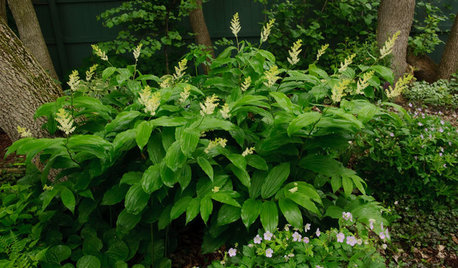
GARDENING GUIDESGarden-Friendly Native Alternatives to Overplanted Exotics
There are lots of gorgeous, wildlife-friendly native plants ready to make an appearance in your garden
Full Story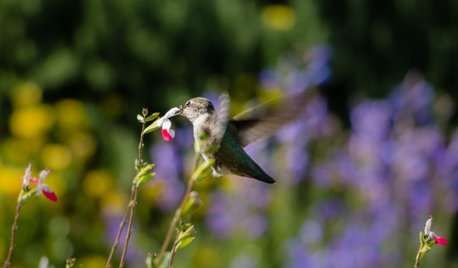
GARDENING GUIDESAttract Hummingbirds and Bees With These Beautiful Summer Flowers
Roll out a welcome mat for pollinators to keep your landscape in balance and thriving
Full Story
MOST POPULARMeet a Lawn Alternative That Works Wonders
Carex can replace turfgrass in any spot, is low maintenance and adjusts easily. Add its good looks and you’ve got a ground cover winner
Full Story
MATERIALSMaterials Workshop: Polycarbonate — a Low-Cost Alternative to Glass
Looking for something lighter, stronger and less expensive than glass? Multiwall polycarbonate may be a good option
Full Story
ROOFS8 Alternative Roof Materials to Buck the Mainstream
Looking for something to raise your roof in the neighborhood? Consider synthetic tiles, recycled composite shingles, green roofs and more
Full Story
MOST POPULAR8 Budget-Friendly Ways to Fun Up Your Patio
Amp up the charm, comfort and personality of your outdoor space with drapery, lighting and more
Full Story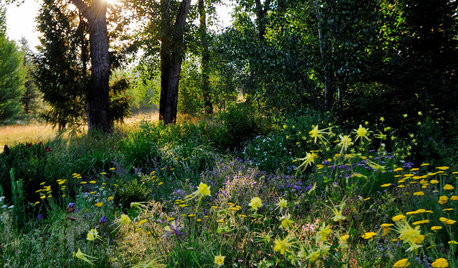
NATIVE PLANTSWhy Aggressive Plants Might Actually Be Your Friends
Sometimes a garden thug is exactly what’s called for
Full Story
FARM YOUR YARDHello, Honey: Beekeeping Anywhere for Fun, Food and Good Deeds
We need pollinators, and they increasingly need us too. Here, why and how to be a bee friend
Full Story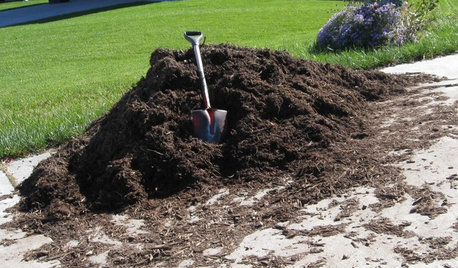
FRONT YARD IDEASBefore and After: Front Lawn to Prairie Garden
How they did it: Homeowners create a plan, stick to it and keep the neighbors (and wildlife) in mind
Full Story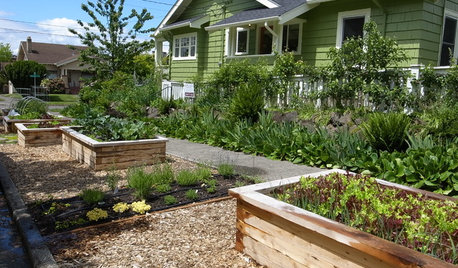
BEFORE AND AFTERSSee 6 Yards Transformed by Losing Their Lawns
Wondering whether a turf lawn is the best use of your outdoor space? These homeowners did, and they found creative alternatives
Full Story





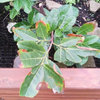
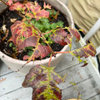
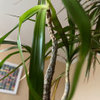
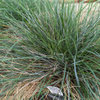
CobarchieOriginal Author